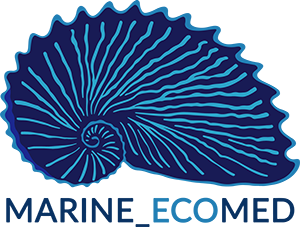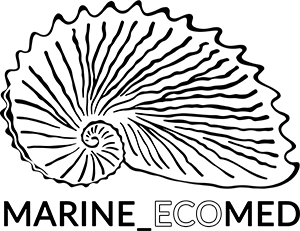About 40% of global population lives within 100km distance from the coast and its livelihood is strictly dependent from the resources generated and human activities developed in this transitional area at the edge between land and sea. On the other hand, human activities and uses – implemented on the coast both onshore and seawards – represent a driver of impacts and pressures on marine and coastal ecosystems threatening their integrity and productivity. In addition, climate change and related phenomenon, such as sea level rise, are rapidly changing the coastal environment and its dynamics reducing the resilience capacity of coastal human and natural systems.
Thus, to allow conservation of the marine and coastal areas, its ecosystems and the services they provide to humanity and to ensure the sustainability of human activities depending on it, effective planning and management of this dynamic transitional environment through an ecosystem approach play a crucial role.
The Marine_Ecomed project has organized 3 editions of an Intensive Study Program targeted to Master students of the partner Universities. The ISP included a online course followed by a 2-weeks international workshop where participants were challenged to work on real case studies within the Mediterranean area in order to apply and test the new knowledge and competences acquired during the online course, through a simulated practical experience of planning and management
The ISP has been shaped to provide participants with an inclusive knowledge and understanding of terrestrial and marine spatial planning and management and how they can be integrated through an innovative approach that take into account the complexity and dynamicity of land sea interactions. Main approaches and strategies for planning and management of marine and coastal areas, their applicability at different scales and in different natural and socio-economic contexts, are explored through the study program.









